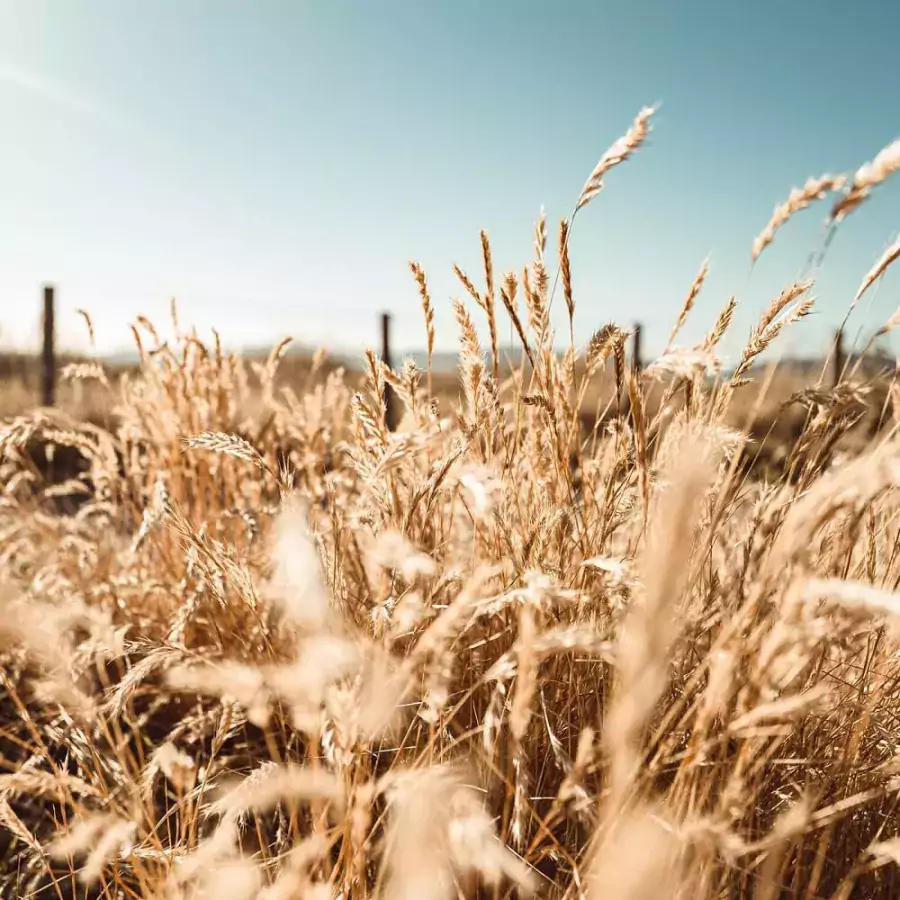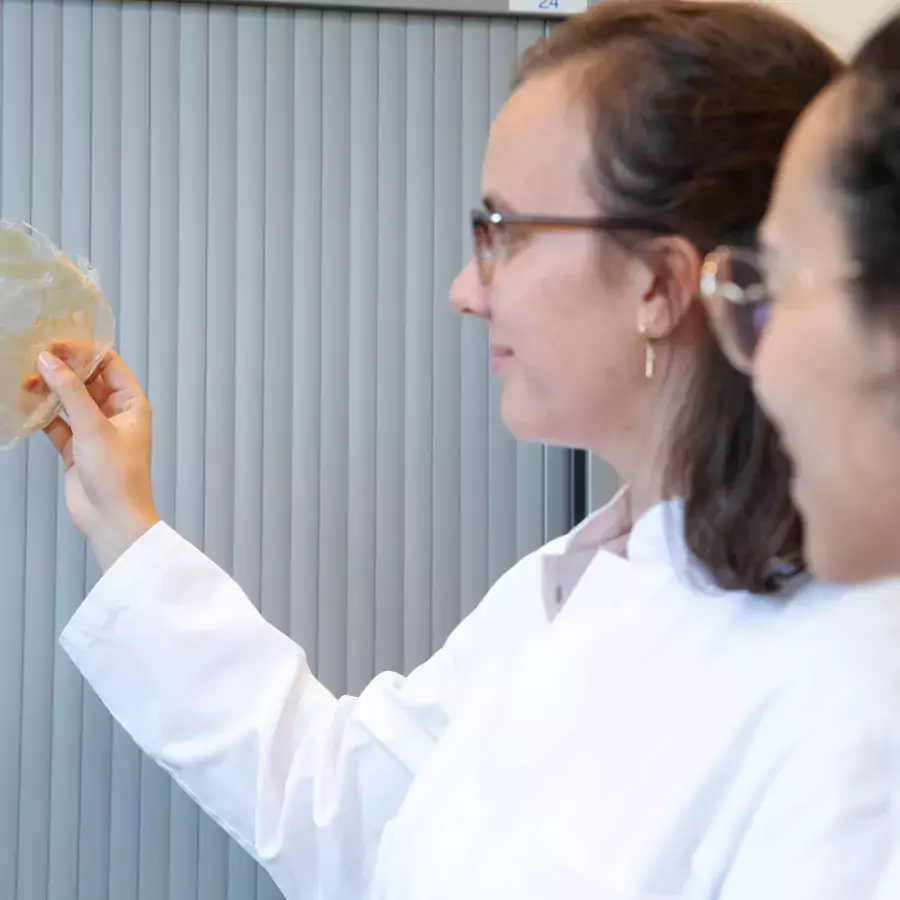Insects can play an essential role in meeting the growing demand for animal proteins, with a significant role in optimizing sustainable and productive insect farming. Research initiated by RavenFeed indicates that substrate based on circular residual streams can serve as a high-quality food source for the black soldier fly.
RavenFeed is committed to restoring disrupted food chains by enabling accessible protein production using insects. Insects are rich in proteins and can multiply rapidly, making them suitable as a protein source for the food chain. Using insects as an alternative protein source reduces dependence on traditional protein sources, such as soy, in producing feed, food, and pet food. This helps reduce the negative impact on natural resources and ecosystems. An important challenge in this regard is identifying suitable and available food sources that insects can efficiently convert into high-quality proteins. Through this research, RavenFeed aims to involve companies with a circular motivation in insect farming in an accessible way.
The substrate trial, initiated in January 2023, is being conducted by Inagro vzw in collaboration with the Radius research group of Thomas More University College as part of the voucher program of the ValuSect Interreg NWE project. Due to current laws and regulations, a significant portion of available residual streams, such as manure and slaughter co-products, is not allowed for use in insect farming. Based on available and permitted co-products, research on the optimal substrate helps accelerate the protein transition using insects in the short term.
Promising result
The research has already yielded promising results. Currently, the substrate, consisting of a liquid circular blend of Looop, circular dry feed from Nijsen company, and the co-product wheat semolina, has the most optimal feed conversion rate. The substrate performs remarkably well with a feed conversion rate based on a dry matter percentage of 1.2 kilograms of feed per kilogram of fresh larvae. This puts it on par with high-quality, but not sustainable, chick crumbs. As a result, the substrate offers the potential to achieve efficient insect farming sustainably and circularly.
Circular food chain
Both Looop and Nijsen company are committed to optimizing the utilization of co-products from the food, beverage, and fermentation industries. "At Looop, the focus is on valorizing residual streams according to the Looop ladder to minimize the ecological footprint," describes Kelly Vermeer, Manager Strategic Business Development at Looop. Vermeer emphasizes the potential of harnessing insects to shape the food chain more sustainably in the long term, stating, "Insects are capable of converting (low-value) co-products into high-quality proteins, allowing us to reduce the use of primary raw materials and promote circularity." Radius and Inagro vzw will publish the current research.








